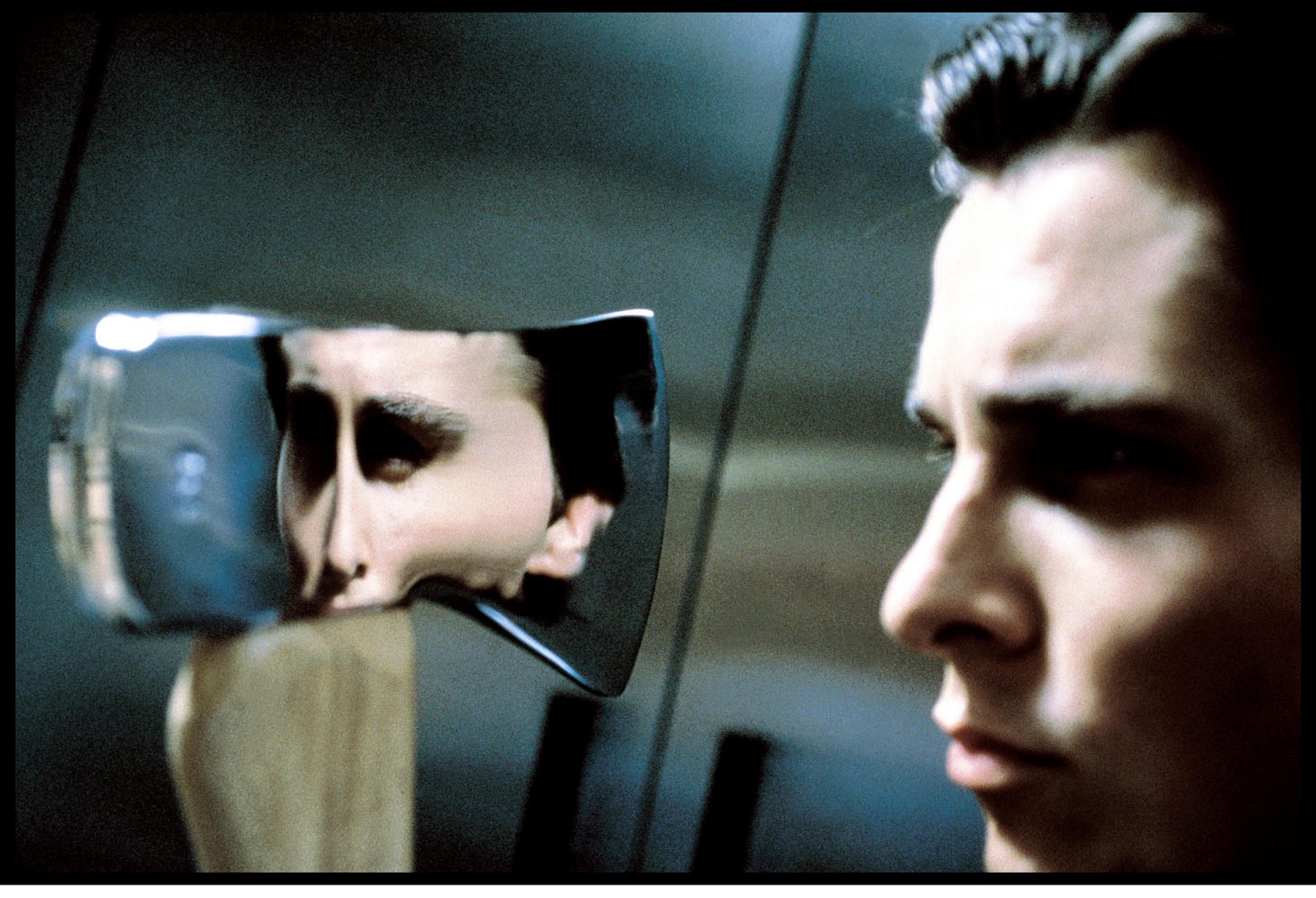
The screenshot, taken from dating app Hinge, shows software engineer Evan,* with thick black hair and a big, toothy smile. His profile says he is 5 feet 8 inches and graduating from Berkeley. Underneath reads a caption:
“Evan, 26 🚩🚩🚩”
The way the screenshot is positioned, it looks like Evan is gazing at the red flags next to his name.
Evan’s profile had been posted anonymously on the Facebook group “Are We Dating The Same Guy? | New York City NYC”—which started in March 2022 as a place where women compare notes on men. It currently has more than 82,000 members.
In the past year, scores of similar Facebook groups have sprung up across the U.S. in cities including Charlotte, Philadelphia, Tampa, St. Louis, Boston, Chicago, Seattle, and Austin, and in far-flung locales such as Kosovo, Melbourne, and Thailand. Some have more than 30,000 members, others less than a hundred. Almost anybody can join as long as you agree to a few rules. One requirement is usually a variation of this: Do you swear that you will not screenshot or share anything found in this group with anyone outside of this group? This is vitally important to the integrity of our group and safety of our members.
There are rules against “bullying, gaslighting, shaming, victim blaming, or aggressive behavior,” too. But regardless of the Fight Club–style bylaws, the groups are pretty much a free-for-all.
The anonymous woman who posted about Evan regaled her group with stories about their four-month relationship before he dumped her.
“He struggles with empathy,” she wrote. “He also never tells you what he needs and expects you to guess what he needs.”
“He sounds like a classic love bomber to me,” opined one commenter, whose profile photo shows her posing on an Adirondack chair with a corgi.
“Borderline personality disorder,” another commenter snarked.
“This push and pull is part of the hunt if he is a covert narcissist,” said a third. “They are skilled predators and usually have had this same relationship over and over again.”
Another: “Textbook narc.”
Dozens of similar comments followed, speculating about Evan and his various pathologies.
“Are We Dating The Same Guy” is ostensibly a place where women can detect if a dude they’re seeing is also seeing someone else. Members claim their intentions are benign—righteous, even. Take this New York commenter who said, “This group is a place for women to protect and empower other women while warning each other of men who might be liars, cheaters, abusers, or exhibit any type of toxic or dangerous behavior.”
The women, sometimes posting anonymously, share identifying information about the men: screenshots from text messages and dating apps, photos, or just descriptions (“Anyone have any intel on a Korean guy named Eun whose [sic] been on hinge?”). They ask the group if there’s anything they should know: fetishes, faux pas, unbecoming track records.
And, oh, there always are.
Whenever a new photo and description goes up, women in the group are immediately alerted to the red meat, and—with him—the red flags.
Red flags, according to the New York group, include wearing rings, working in the NYPD or FDNY, being a comedian, being 5 feet 7 inches or shorter, being Parisian, not removing pictures of an ex from Instagram, removing pictures of an ex from Instagram, not liking holidays, working as a corporate lawyer, suggesting coffee or drinks instead of a sit-down dinner for a first date, and being named Jason.
One guy was accused of having “like, bad dark energy.” And the indictments turn darker still.
A man named Brad garnered 160 not-so-nice comments. He’d met up with Susan, who brought this story to the group, for drinks after matching on Tinder. A few months later, he had offered to fly her to a city he said he was going to for work, and, anyway, Susan got irked and ghosted him. Other women quickly agreed that yes, Brad was probably a human trafficker or “some other sort of controlling sick person” or even “a serial killer.” (On posts like these, some commenters offer background check services that other group members pay monthly fees for.)
Now, it’s possible that “Are We Dating The Same Guy?” saved Susan from a dark fate. Bad things can happen. And the brutal quadruple murders in Idaho on November 13, 2022, are one horrific example where social media may have played a role. Police arrested 28-year-old criminology student Bryan Kohlberger for the crime, and he is accused of following his three female victims on Instagram. TikTok videos from women claiming to have gone on Tinder dates with the suspect went viral in the wake of the killing spree.
But here are the facts. There were 24,576 homicides in 2020 compared to 200,955 accidental deaths, according to the CDC. You’re about twice as likely to die from an unintentional fall, for example, than be murdered. Also: The lion’s share of murder victims, about 80 percent, are men. Meanwhile, the FBI estimates that less than one percent of murders committed in any given year are carried out by serial killers.
While every single murder is horrific and the desire to prevent them is understandable, it’s a fiction to think an anonymous whisper campaign on Facebook is the antidote to such crimes.
The women—or, to use the parlance of the group, “ladies”—say they’re all about supporting each other. “This group has always been a space where we can warn each other and protect each other from bad guys,” wrote the New York group’s creator in a November post. But the exercise is closer to a crowdsourced surveillance state than an earnest attempt to identify the next Ted Bundy.
Where did all of this come from? How did we get from he’s just not that into you to he’s probably going to kill you?


